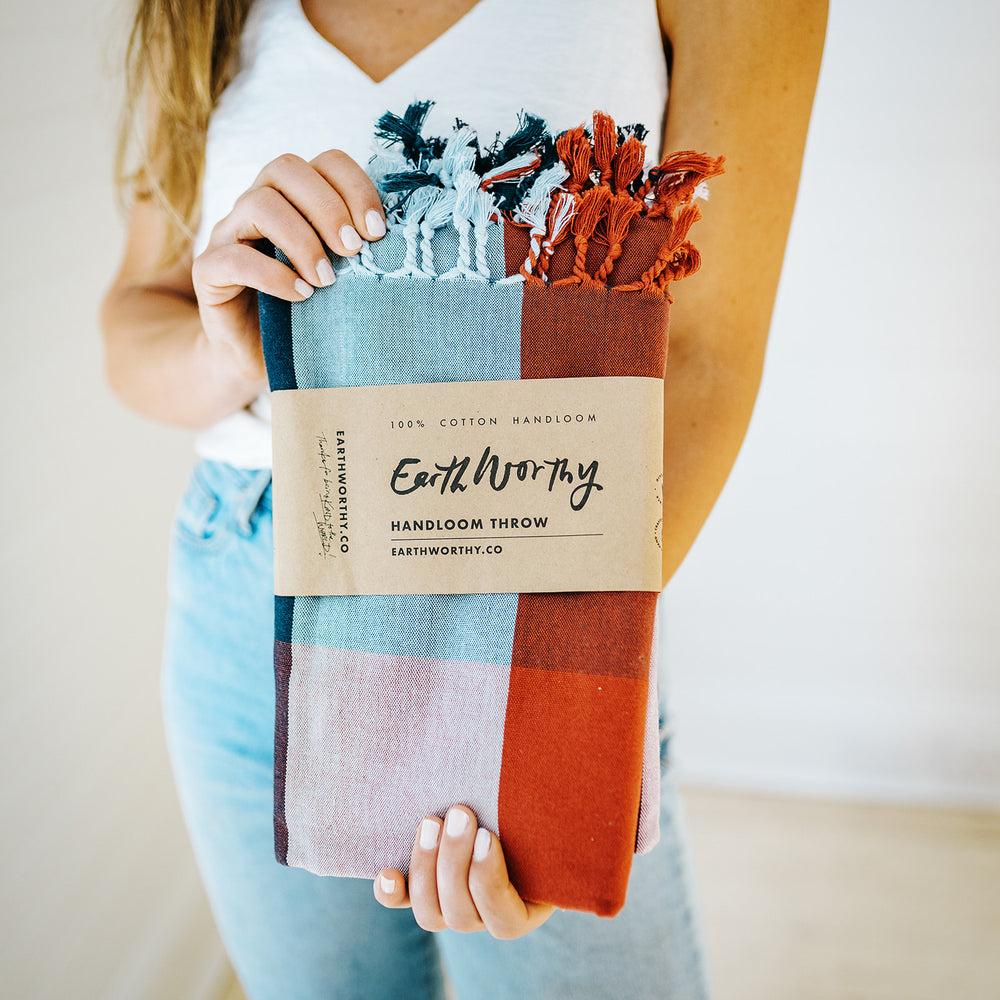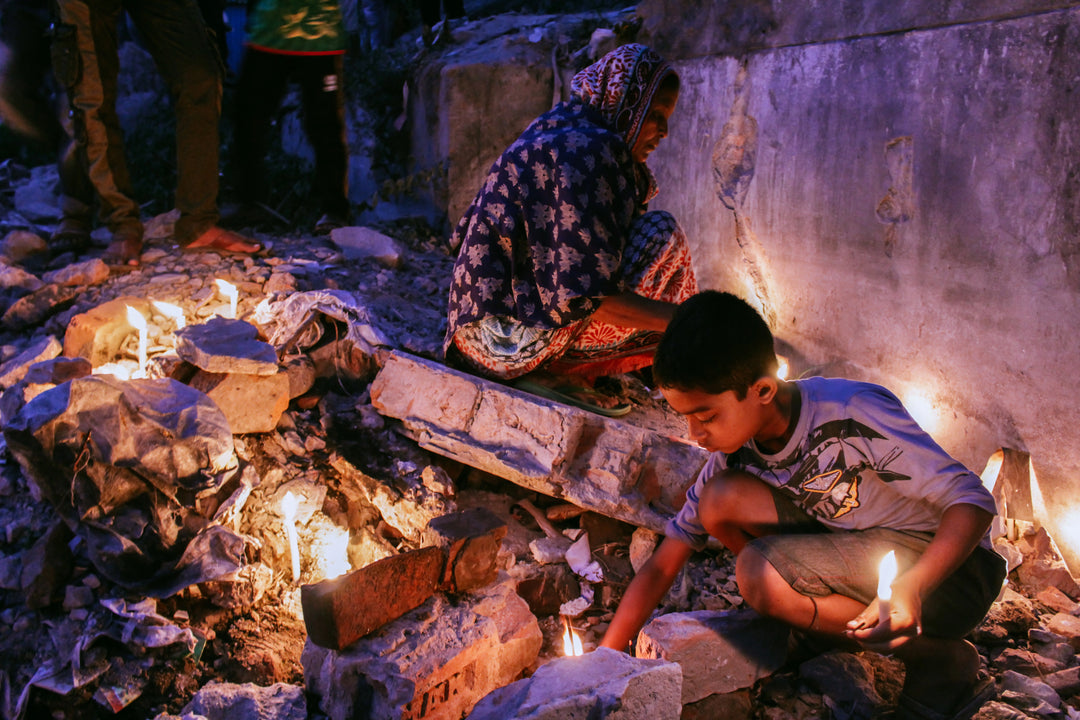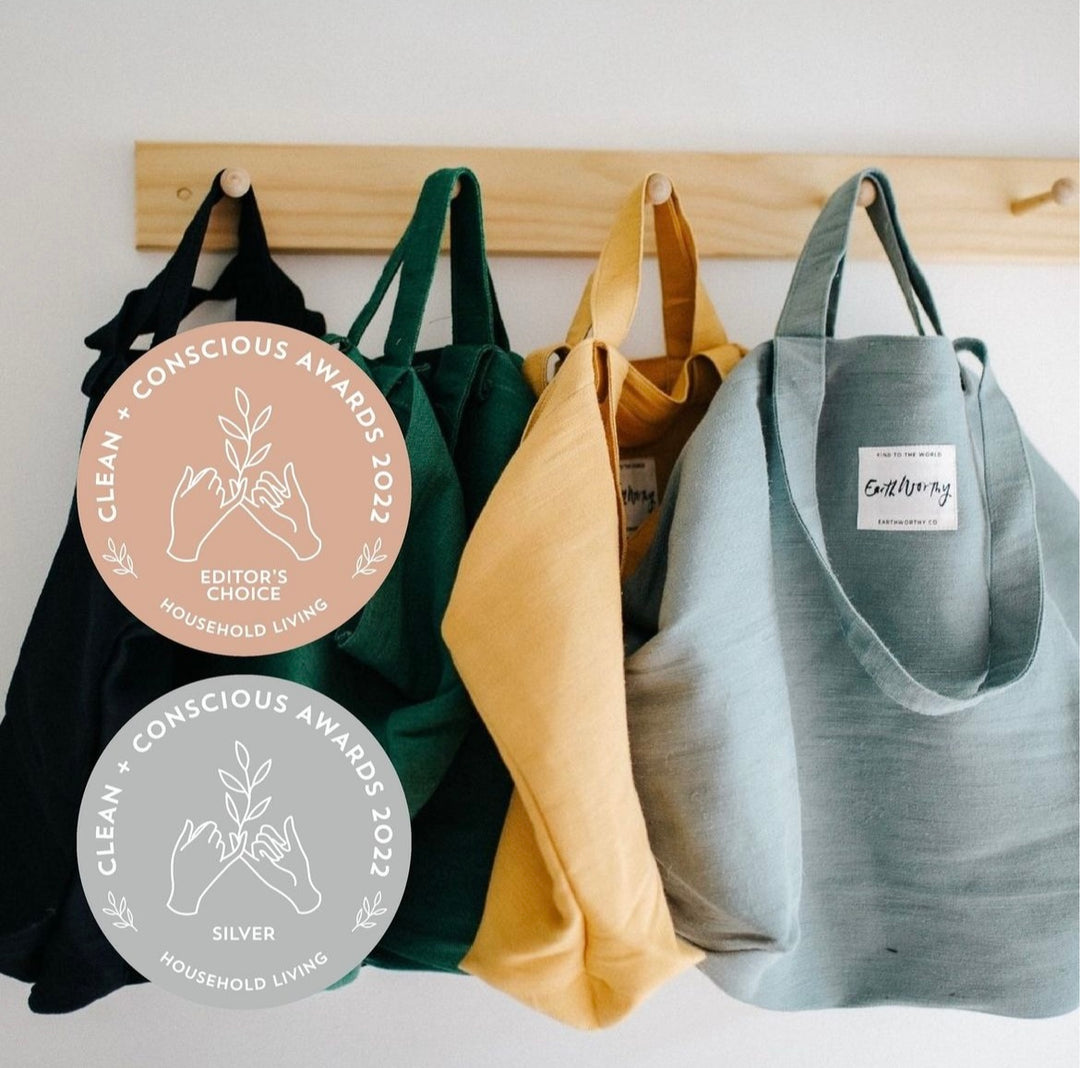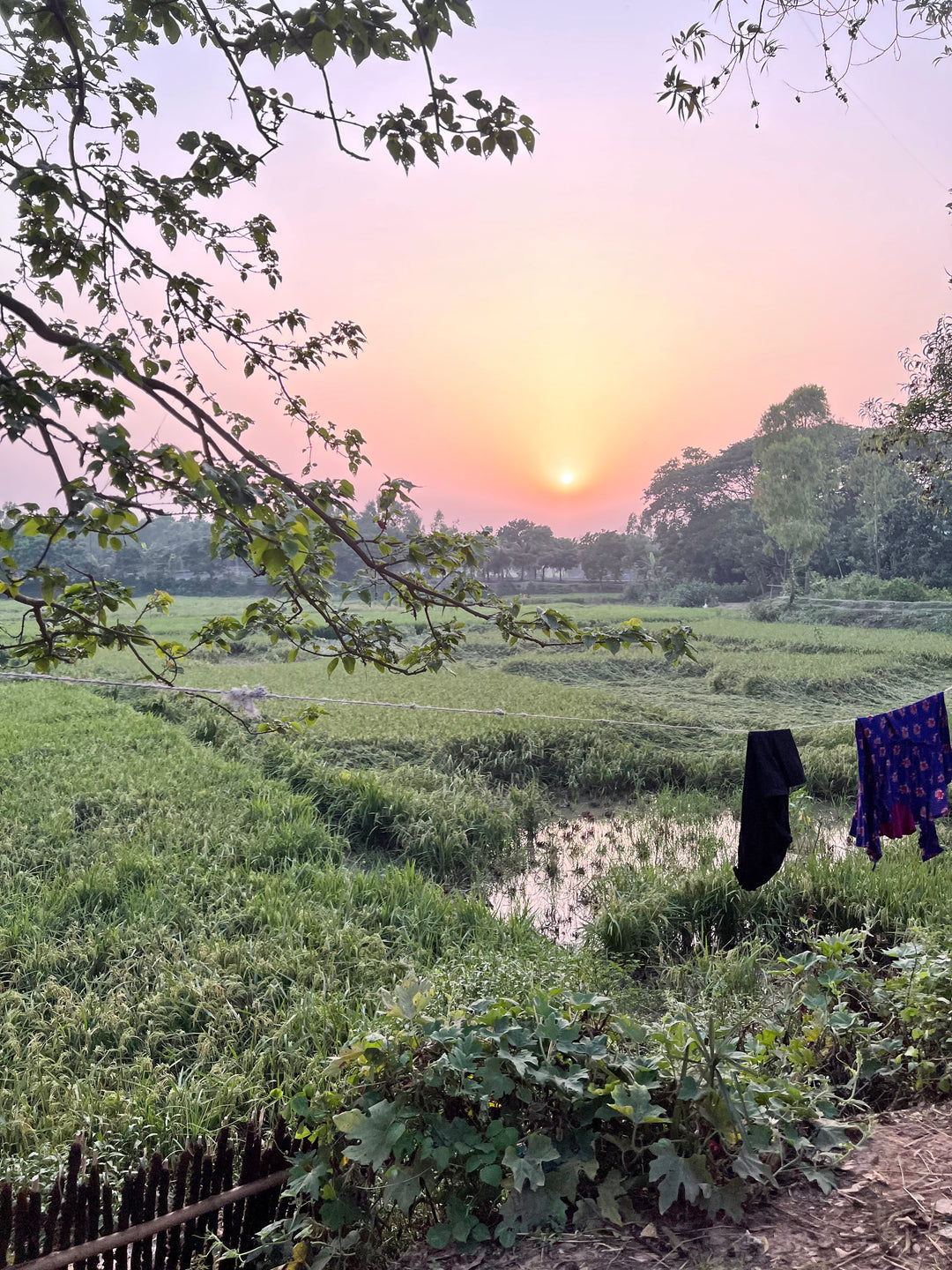A Story of Survival and Hope
The cracks had appeared the day before. Angry black lines painting a warning through columns and supports. Although the bank and shops below shut their doors, Nupur and others working in the garment factories of the Rana Plaza building were forced to return to work, or lose their jobs.
Before 9am, the cracks gave way and the eight-story building crumbled to the ground with over 3,000 people trapped inside.
Nupur lay alone in the rubble for 72 hours before she was found. When rescuers eventually pulled her body from the wreckage, they placed her in the lines of the dead, before finding a weak heartbeat and sending her to hospital. After two months of treatment, Nupur was able to return home, but was not able to find work to support her three children.
One year after the factory collapse, hope emerged for Nupur. She was invited to join a new start-up, a social enterprise developed to benefit Rana Plaza survivors. The participants, many now living with disabilities and unable to work, were provided with two months’ training in manufacturing jute bags. (Named ‘the golden fibre’ in Bangladesh, jute is a fast-growing, soil-enhancing fibre, with amazing environmental credentials.)
The first bulk order of jute bags in 2014 allowed for a small production house to be established, and Nupur and 17 others began producing export quality products to sell overseas.
The factory is located in the same neighbourhood at the Rana Plaza building, but the differences between them couldn’t be more stark. Back in 2013, the deafening clack of hundreds of sewing machines for up to 12 hours a day, earned Nupur just 3,000 Taka per month (around US$38). Now, her small team have developed a sense of family as they work an eight-hour day and along with a minimum wage (which has more than doubled in wake of the disaster to around 8,000 Taka per month), receive an attendance bonus, health insurance payment and an equal share in 20% of all the profits. They also stop work once a week to take part in two hours of education.
Now, on the seventh anniversary of that horrific day, Nupur and her fellow artisans are facing a new crisis: COVID-19. Whilst it is causing unprecedented restrictions to our lifestyles in Australia, COVID-19 is generating fear on another level in Bangladesh.
As we feel frustrated staying at home for weeks on end, people living in overcrowded cities, slums and refugee camps in Bangladesh are terrified. Voluntary self-isolation is a privilege of the rich, and simply not possible in their close quarters and multi-generational homes. For the 90% of Bangladeshis who rely on their daily labour to put food on the table, there is no safety-net. And with Bangladesh’s already overloaded health system, the extra strain expected with COVID-19 will mean that a vast majority of people will have no access to formal medical care.
COVID-19 poses an enormous threat to people living in Bangladesh, but they have proved themselves resilient time and again, and we can use our wallets to support their workers during this time.





